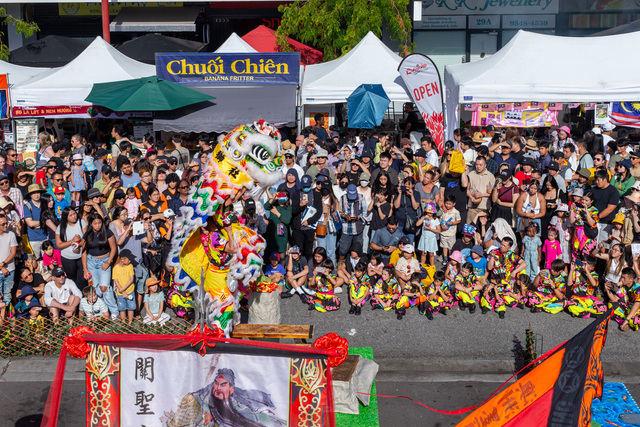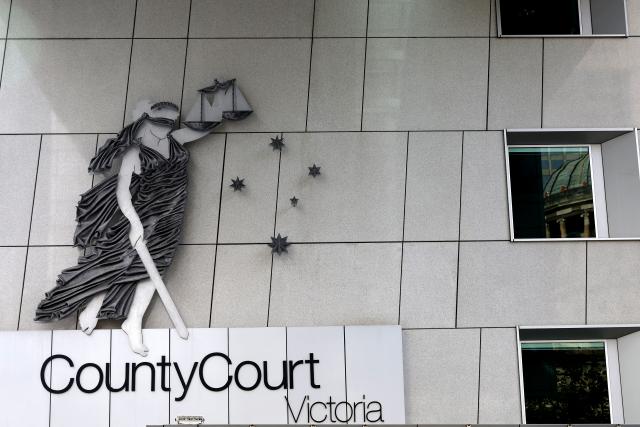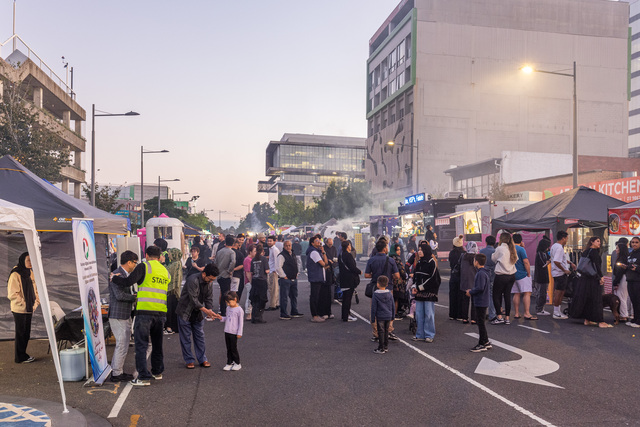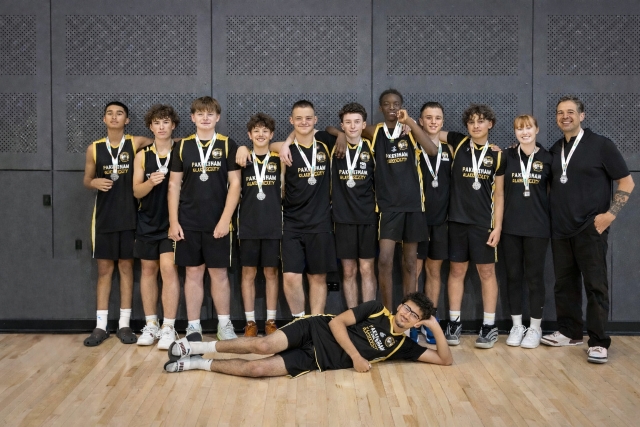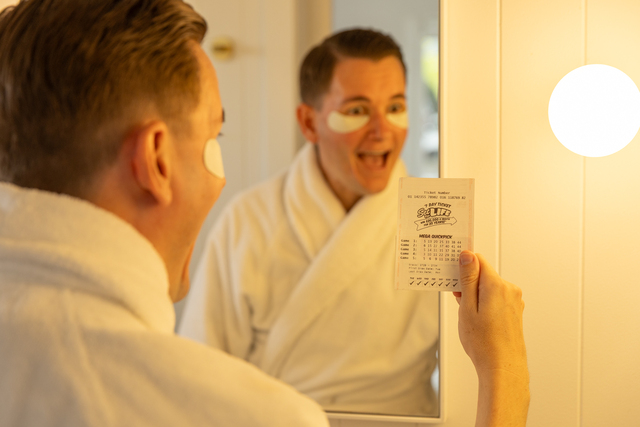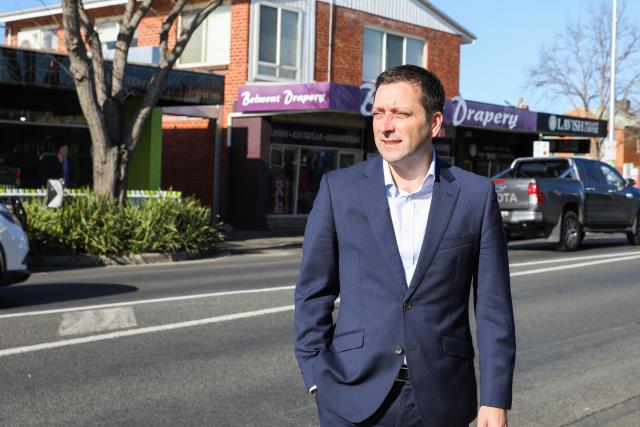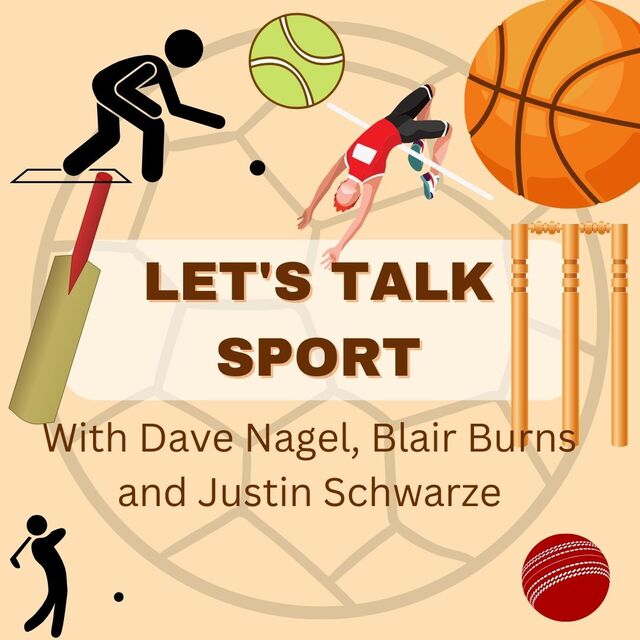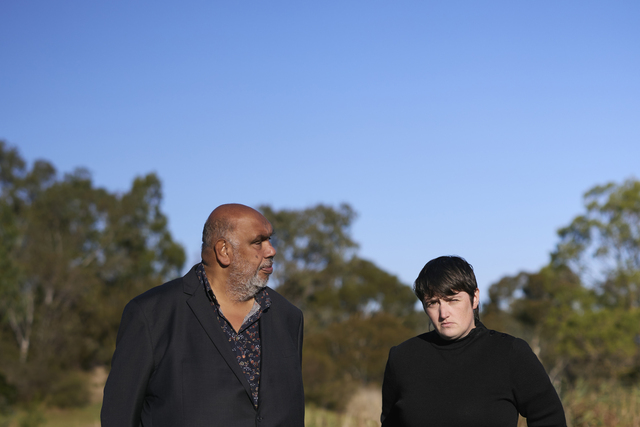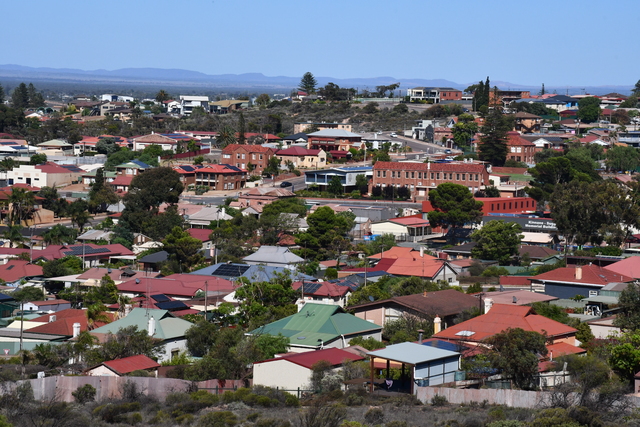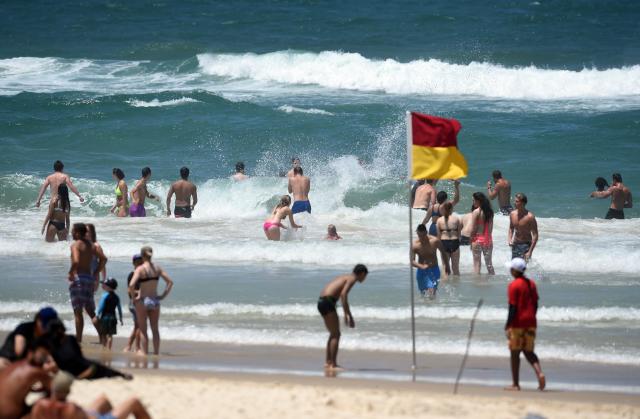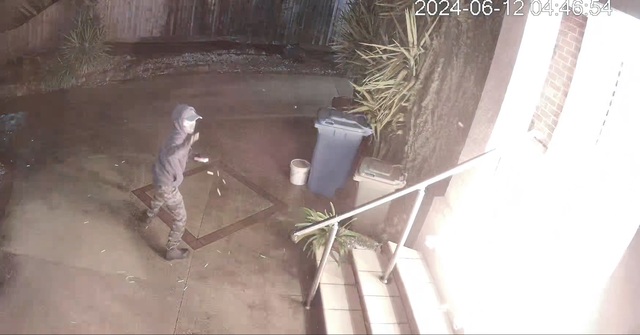By Sarah Schwager
A RISE in the number of poker machine applications in Casey has sent fear about the welfare of local residents spiralling through the municipality.
The Tooradin Sporting Club’s recent application for an extra 12 pokies follows moves by Castello’s Berwick Springs Hotel for an extra 20, and proposed gaming rooms at the future Casey Towers development, Casey Fields and Lynbrook Hotel.
There is also concern a move by St Kilda Football Club to Casey Fields could mean even more pokies for Casey.
Cranbourne Information and Support Service (CISS) manager Leanne Petrides said Cranbourne, which has the highest proportion of gaming machines in the City of Casey, was growing in population but the incomes were decreasing.
“What we have is a growing vulnerable population,” Ms Petrides said.
“The problem is that gambling still seems to be one of the last great taboos. But there are many signs. More and more people are coming to us for food vouchers and are having problems paying their bills.”
Ms Petrides said there were just too many gaming locations around.
“A lot of people are doing it tough this year. Some people choose to smoke or drink, others gamble,” she said.
“At gaming venues they know your name, it’s warm. It can be a good place for some people to escape their other woes.”
Chris Freethy, who manages the Gamblers Help Southern program, said Casey had always been considered a desirable area by the gaming industry.
“It is not a poor area but it is not particularly wealthy either,” Mr Freethy said. “It is also a growth market and it is a new area so there are not a lot of entertainment options for people.”
He said the State Government’s extended area cap, which caps the number of pokies in areas where there are already too many, also presented some problems.
“The number of machines in Cranbourne is very high, way above the Victorian average,” Mr Freethy said.
“The down side is that now the industry can see that outside the capped area the number of machines is below average, such as in Berwick. This is very attractive to the industry.”
Mr Freethy also said he was concerned that while inner city councils tended to look more at problem gambling when considering more machines, the City of Casey seemed more pro-development, as Casey was a growing area and council was looking to increase jobs.
He said the possible move of St Kilda to Casey Fields could present more gaming problems.
“Council seems to have a ‘we want you and that’s all to it’ attitude. While it would be good to have St Kilda and a huge boost to the area, it doesn’t come without a price,” Mr Freethy said.
He urged concerned residents to speak up. “I am worried about how bad things have got to be before council say no more,” he said.
Casey councillor Steve Beardon said Cranbourne already held 40 per cent of Casey’s pokies and adding Casey Fields and Lynbrook Hotel into the mix put more than half of the municipality’s venues and machines within the same area.
“This puts the impact on the Cranbourne district out of proportion with the rest of Casey,” he said.
He said the latest Tooradin application for pokies must be denied.
Last financial year, $107 million was lost at Casey’s 12 pokie venues with a total of 879 machines operating almost around the clock. Each pokie in Casey, on average, took just over $122,000 from punters.
However, in a letter to the editor last week, Responsible Service of Gaming teacher, Cranbourne North’s Peter Somers, highlighted some of the wonderful things gaming venues did for the local community. The former manager of Cranbourne RSL said the organisation arranged tens of thousands of dollars of welfare for Casey residents every year.
He said an independent productivity commission report showed just two per cent of all gaming machine players in Australia had a gambling problem.
Pokies threat
Digital Editions
-
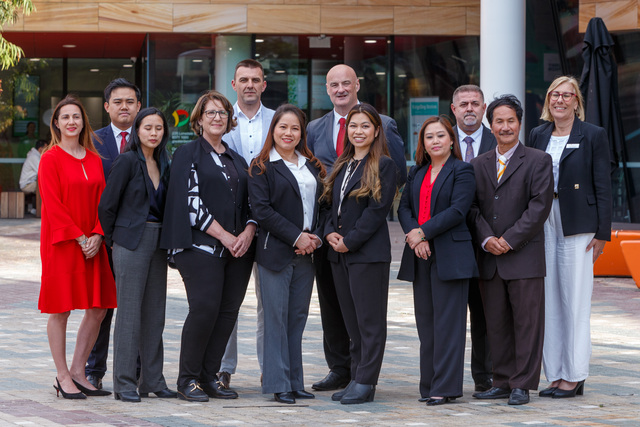
Councillor withdraws legal case against CEO
Purchase this photo from Pic Store: 442319 A legal case by a City of Greater Dandenong councillor against the council’s CEO has been dropped just…

